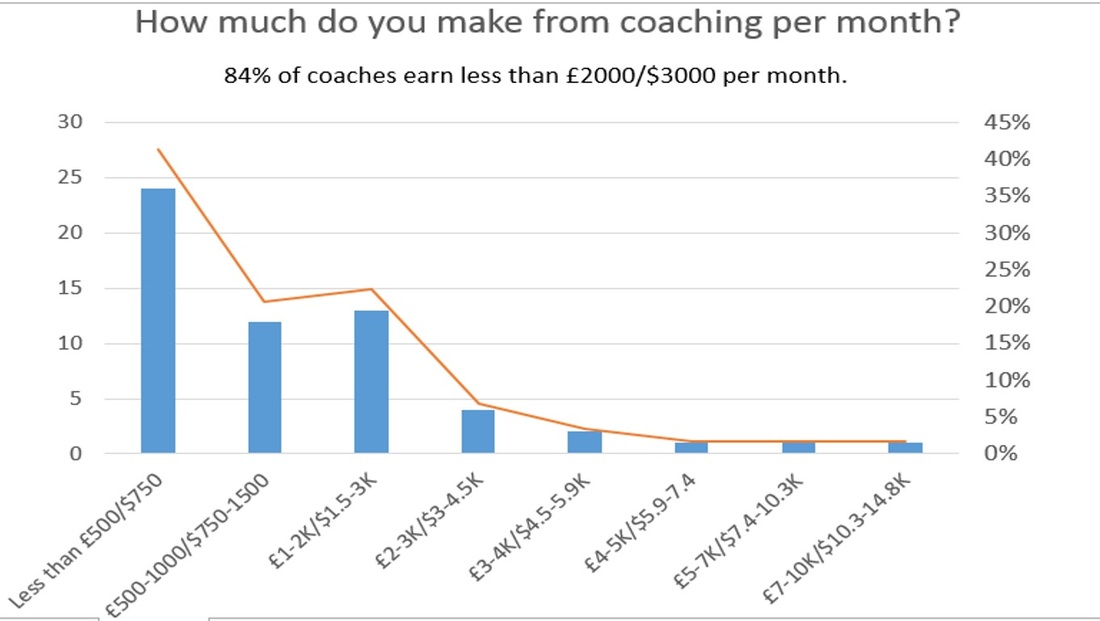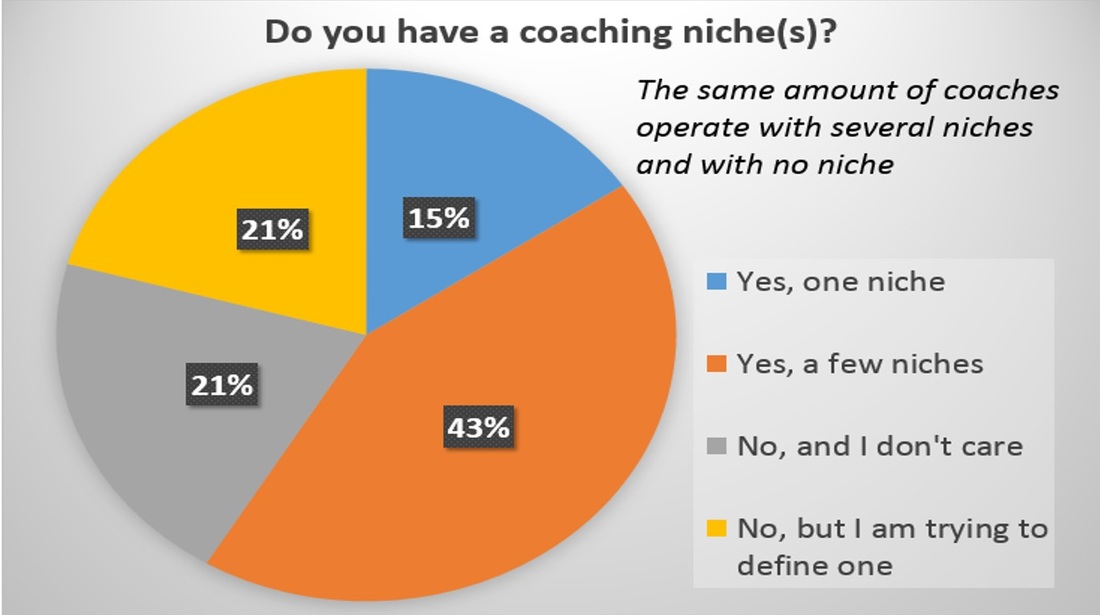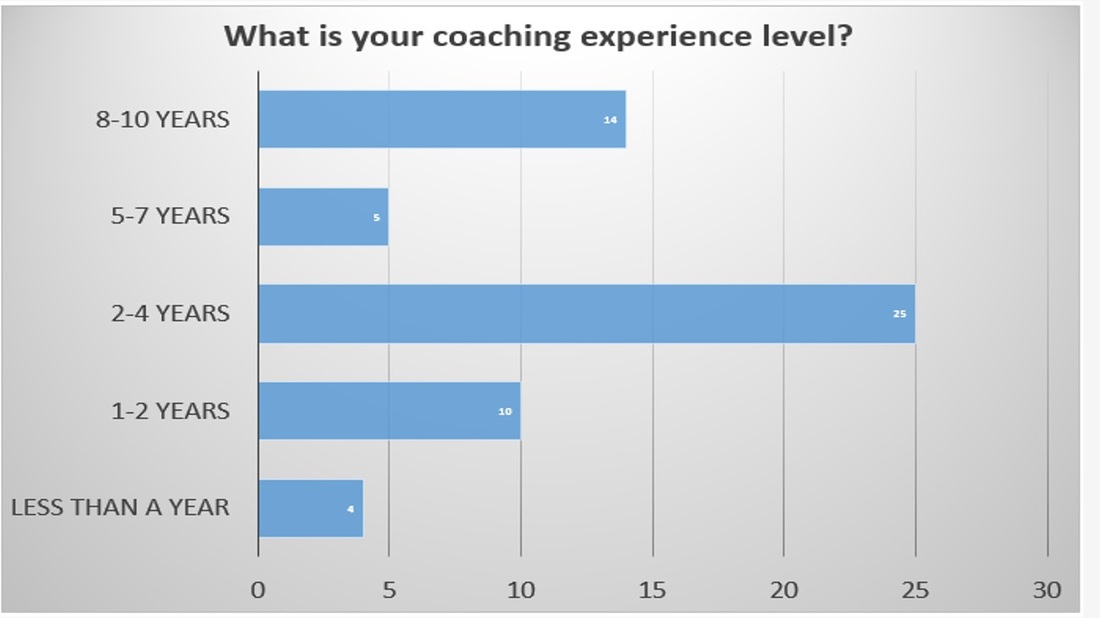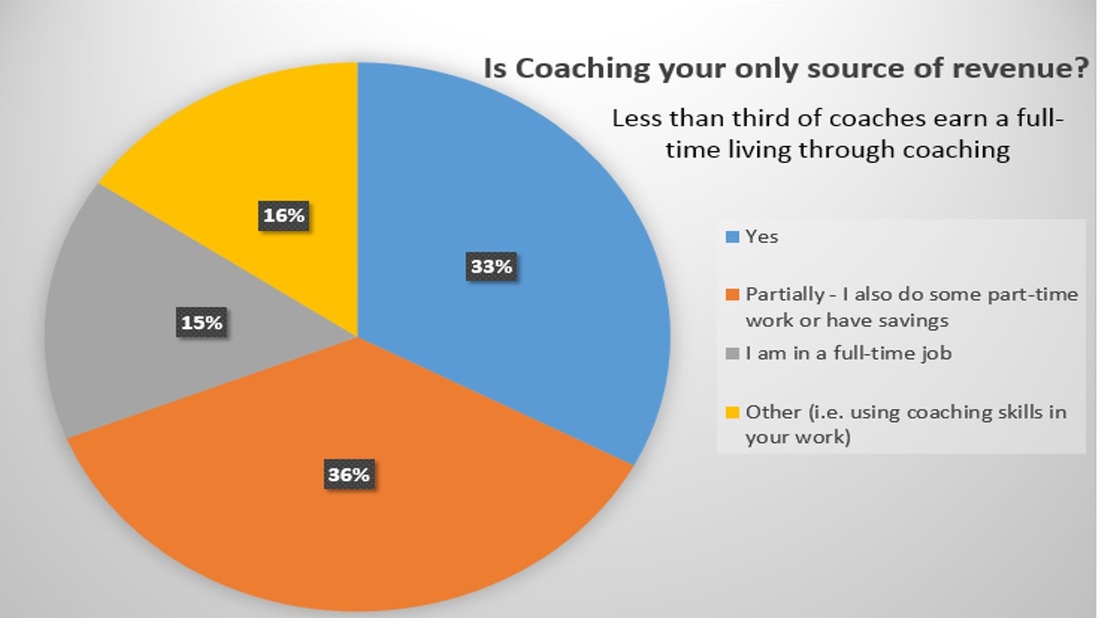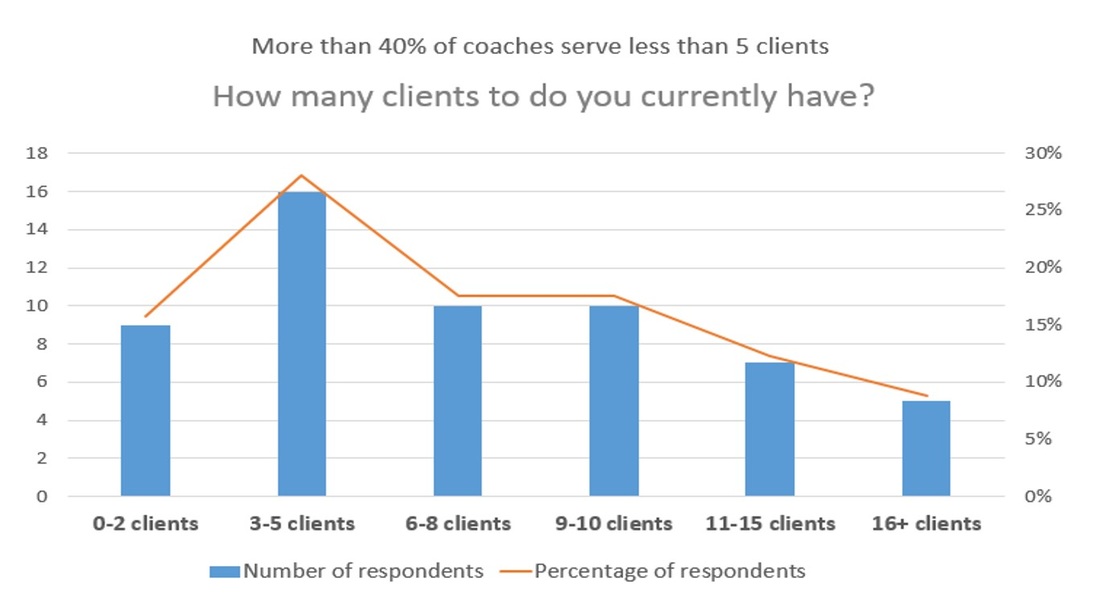So having seen so many disempowered people I became curious – are there any highly sensitive people out there who actually made it in their career or business (and maybe not even in spite of, but thanks to their sensitivity)? What is it like to be them? It turns out, there were quite a few among people I knew. This is how “Highly Sensitive and Successful” project was born. It was created with an idea to empower those sensitive people, who feel that sensitivity is an obstacle to their life, financial freedom and ability to make changes in the world.
I talk to HSPs from different backgrounds – British, French, Russian, Kazakh, Greek, who work in different fields – in the corporate world, non-profits, arts, or run their own business. They are lawyers, bankers, coaches, writers, designers, actors, marketers, volunteers, scientists, economists, mums and dads. I ask them the same questions – what is their experience of being a highly sensitive person? How do they turn sensitivity to their advantage?
I define “success” not in terms of money or fame. In fact, most highly sensitive people I talk to belong to middle class. Success for me is that they built their lives and finances on their own terms, honouring and using their sensitivity. I hope these conversations will be an inspiration for those of you who are still looking for your ways.
I decided to make the first interview from "Highly Sensitive and Successful" series with a sensitive man. A rare species, according to some social standards (although sensitivity is even distributed between men and women). What’s even rarer, he is perfectly fine with his sensitivity, while clearly exhibiting some traits of an “alpha-male” behaviour. We talk about sensitivity and masculinity, putting labels on yourself and others, and disempowering stories we tell ourselves that we can turn into empowering ones.
Meet Adam Woodhall, a sustainability consultant and public speaker, who is also well known in London alternative dancing scene.


